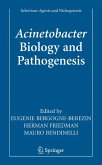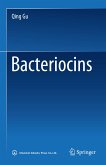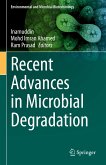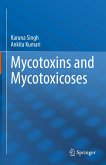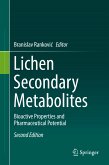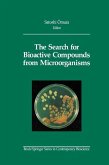This book embark explores the global antibiotic trends in seafood, and delves into the intricate interplay between antibiotic consumption and its ramifications within the seafood industry. The nuanced effects of processing techniques on antibiotic residue levels in seafood are investigated, elucidating the prevalence of antibiotics and their metabolites within these commodities. The book also peers into the microbial realm of seafood, revealing the intricacies of resistance mechanisms, prevalence rates, pathogenicity, and related phenomena. It then explores the antibiotic alternatives in aquatic environments, including the utilization of nanoparticles and plant extracts. Artificial intelligence integration and sensor development for antibiotic residue detection ensures quality assurance and consumer safety within the seafood industry, and has been well-covered in this volume.
This edited volume is beneficial for graduate students in fisheries science, life sciences, animal biotechnology, zoology, and microbiology. This can be a reference material for fisheries professionals, scientific communities, researchers, and scholars as well, for navigating the global antibiotic trends in seafood.
Dieser Download kann aus rechtlichen Gründen nur mit Rechnungsadresse in A, B, BG, CY, CZ, D, DK, EW, E, FIN, F, GR, HR, H, IRL, I, LT, L, LR, M, NL, PL, P, R, S, SLO, SK ausgeliefert werden.



